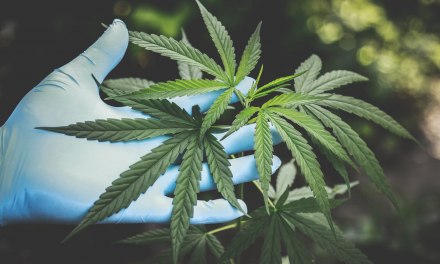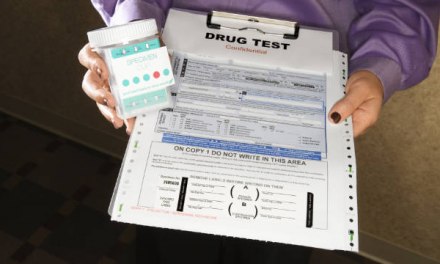This comes from the Vox website:
How weed won over America
Land of the free, home of the blazed
To quote the article: “In 2022, for the first time, more Americans were using marijuana daily, or near daily, than consuming alcohol at the same rate… The number of daily or near daily marijuana users has grown from less than 1 million in 1992 to 17.7 million in 2022; in terms of per capita rate, that’s a 15-fold increase.”
Seriously, is anyone surprised? I mean, we made a popular drug of abuse legal, widely available in shops and online, and proceeded to market the heck out of it– did we really think that the number of users would go down?
It’s not as if Americans have given up drinking, either. Alcohol intake accelerated during COVID and apparently hasn’t slowed that much since the pandemic was formally declared ended (May 5, 2023).
The number of regular and near-regular cannabis users has simply overtaken it.
As Vox notes, “There are the people who use marijuana similar to the way someone might pop a melatonin before going to bed at night– a small, daily dose to help with sleep or pain. And then there are those who are more like heavy cigarette smokers, consuming marijuana multiple times a day, morning or night, before or after meals, on breaks from work, or out with friends.”
From the cannabis industry viewpoint, this is what’s most important: Though regular and heavy users represent only a minority of all consumers, they are responsible for around 75% of all cannabis purchased. It’s quite similar to patterns found in alcohol use — A small portion of the drinking population accounts for a disproportionate amount of total consumption.
In other words, these folks are the backbone of the industry’s revenue base.
Knowing that, it’s easy to understand why so much industry marketing and advertising is targeted at these daily and near-daily users. The industry makes no secret of their desire to further recruit new users into the regular/near-regular category.
So far, many of the states that have legalized commercial cannabis have experienced great difficulty in managing and regulating the trade. There are just too many eager vendors seeking a slice of the market, all fighting for a piece of the action.
That’s why Michigan, which struggled with and now has seemingly overcome some of these obstacles, is drawing notice from its peers. Here’s something on what’s happened with cannabis in the Wolverine State:
How Michigan created a $10B weed market
The headline tells the story: I’m afraid legal cannabis is all about the money. Has been, from the start.













